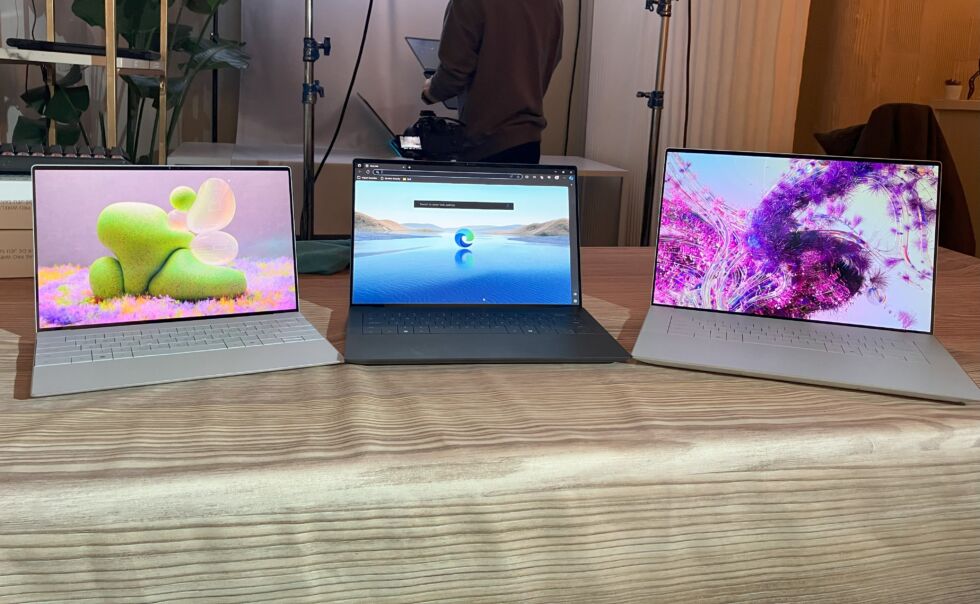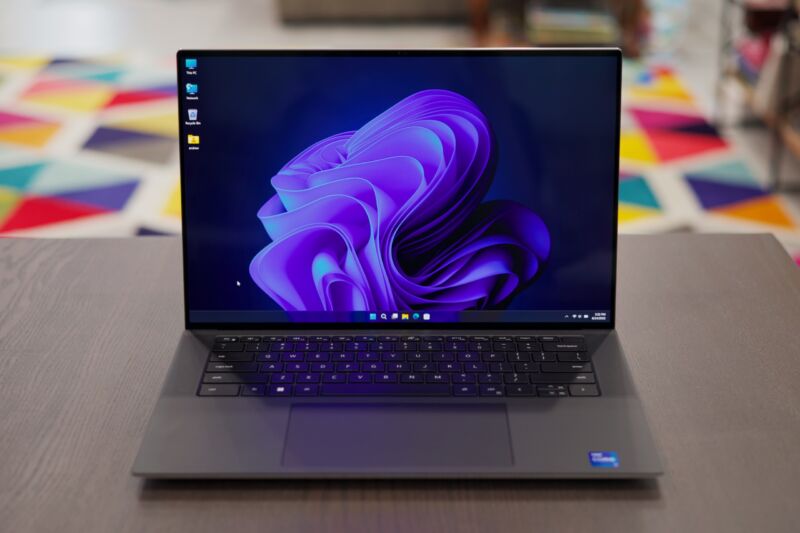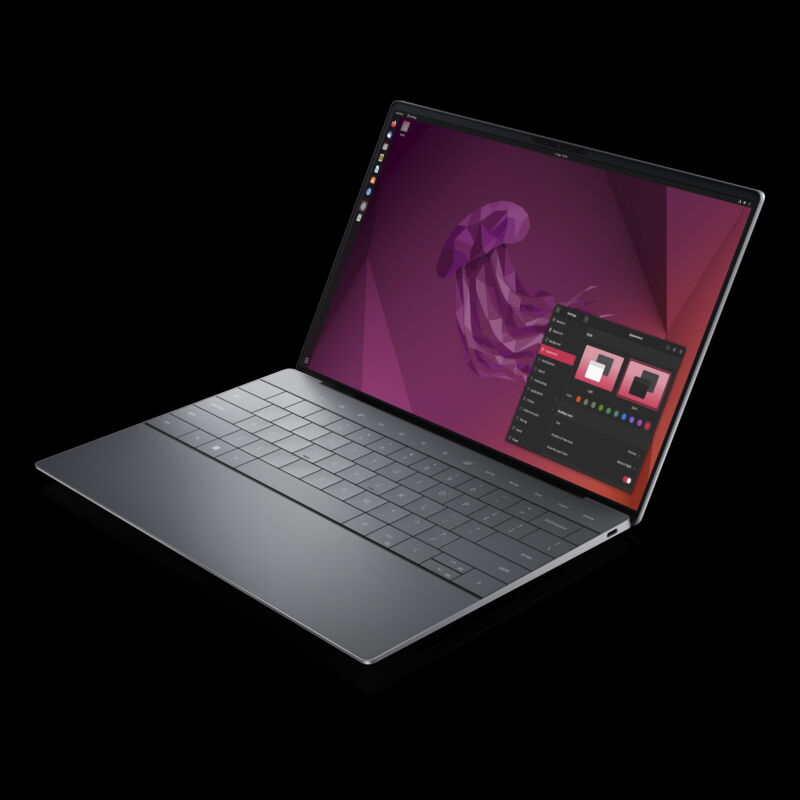-
 chevron_right
chevron_right
The Dell XPS laptop, as we know and love it, is no more
news.movim.eu / ArsTechnica · Thursday, 4 January - 11:00
-

The 2024 XPS laptop lineup: 13-inch, 14-inch, and 16-inch. [credit: Scharon Harding ]
Dell’s XPS laptop lineup has long been my go-to for an easy laptop recommendation. With an accessible starting price, a good amount of display options, and an ultrathin build, it was often a fitting choice for the average consumer seeking something with a premium feel and some clout. With the 2024 laptop lineup announced today, the XPS no longer feels like an obvious recommendation.
Dell has reimagined the XPS laptop lineup in the image of what used to be called the Dell XPS 13 Plus . When it launched in 2022, the XPS 13 Plus was a 13.4-inch XPS laptop that was pricier than its non-Plus alternative. The XPS 13 Plus and its 2023 predecessor took extreme design measures, including a capacitive touch function row, unique keyboard, and borderless haptic touchpad to squeeze more power out of its processor.
Those polarizing features are now mandatory in an XPS laptop. The new XPS 13, 14, and 16 look like the XPS 13 Plus. But Dell is no longer calling that design the "Plus." It's now just the standard design of a standard XPS laptop.


